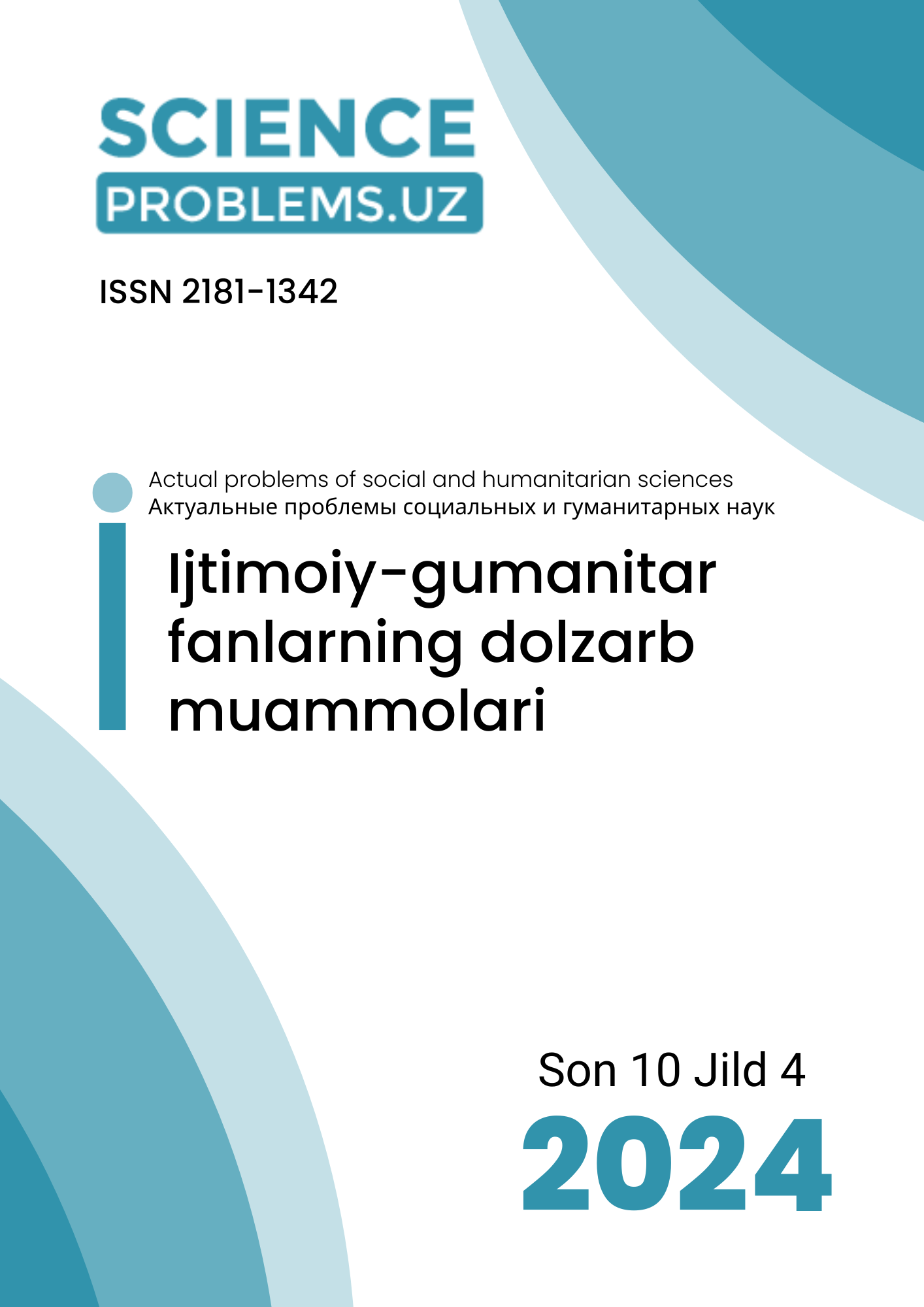DARVIN VA MARKS TA’LIMOTI INSON BORLIG‘INI OBYEKTIV TUSHUNTIRISHNING XULOSASI SIFATIDA
Kalit so'zlar
https://doi.org/10.47390/SPR1342V4I10Y2024N17Kalit so'zlar
Darvinizm, obyektivizm, tabiiy tanlanish, evolyutsiya, ijtimoiy munosabatlar, begonalashuv, biologik antropologiya, sotsiogenezAnnotasiya
Ushbu maqolada Charlz Darvin va Karl Marksning ta’limotlari obyektivizm nuqtayi nazaridan tahlil qilinadi. Boshqa tomondan, Karl Marksning falsafasi ijtimoiy munosabatlar, mehnat va begonalashuvga e'tibor qaratib, insonni ijtimoiy sharoitlar mahsuli sifatida talqin qiladi. Ushbu maqolada ushbu ikki mutafakkirning inson tabiatini biologik va ijtimoiy jihatdan tushuntirishdagi hissalari tahlil qilinadi hamda ularning g‘oyalari zamonaviy fan va falsafaga ta’siri muhokama qilinadi.
Manbalar
1. Darvin, Ch. R. (1859). Turlarning kelib chiqishi. London: John Murray.
2. Engels, F. (1876). Insonning mehnat orqali rivojlanishi. Moskva: Progress nashriyoti.
3. Marks, K. (1867). Kapital: Sanoat jamiyatining tanqidi. Germaniya: Otto Meissner.
4. Maltus, T. (1798). Aholi to‘g‘risidagi nazariya. London: J. Johnson.








